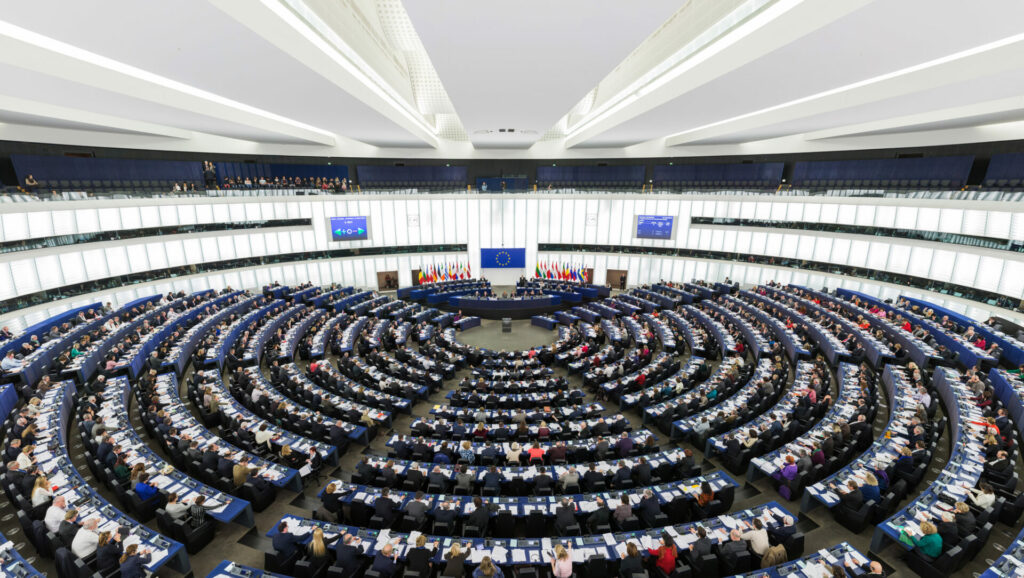The European Parliament has introduced a series of sweeping anti-corruption reforms aimed at preventing a rerun of the corruption scandal that has profoundly shaken European politics over the past four months.
The new measures, which were officially passed on Tuesday, mandate a "cooling-off period" for any former MEP who wishes to engage in lobbying practices. They also require that former MEPs who do become lobbyists no longer automatically be granted access to the Parliament's premises.
"A six-month cooling-off period has been introduced for former deputies from the end of their term of office," a spokesperson for the European Parliament told Le Soir. "During this period, the former members of Parliament do not exercise lobbying or representation activities with the European Parliament."
The spokesperson added: "If former MEPs decide to carry out lobbying activities they must register in the transparency register. They will not benefit from the access rights and facilities granted to them as former members."
The so-called "Qatargate" corruption scandal – in which the Qatari and Moroccan Governments are alleged to have made payments to various European officials in exchange for their support for pro-Qatari and pro-Moroccan policies – has already led to charges being brought by the Belgian authorities against sitting MEPs, including Greek European Parliament Vice-President Eva Kaili and Belgian MEP Marc Tarabella (both S&D).
Fit for purpose?
The new measures closely resemble those originally proposed by European Parliament President Roberta Metsola back in January, who demanded that the institution implement reforms to help it "regain the confidence of European citizens" in the wake of Qatargate.
Metsola's proposals received a largely positive reaction from transparency groups, with the Director of Transparency International EU Michiel van Hulten labelling them "a big step in the right direction". He told EUObserver that his organisation and others had campaigned for the proposed reforms for many years.
Nevertheless, van Hulten criticised the measures for not prohibiting sitting MEPs from holding second jobs, as well as for not including adequate checks to ensure they are enforced: "Parliament continues to rely entirely on self-policing. We know that doesn't work."
Related News
- Qatar corruption scandal: European Parliament proposes 14 anti-corruption reforms
- 'It reminds me of a Tintin cartoon': MEP compares Qatargate to classic Belgian comic
In an interview with The Brussels Times, Danish MEP Niels Fuglsang (S&D) noted that, while new rules governing the conduct of MEPs are necessary, they will not be sufficient to prevent similar scandals in the future.
"We should obviously have new rules but if these accusations against Eva Kaili and others are true, the already existing rules were also broken. Accepting bribes is obviously illegal. If people are willing to take money in suitcases, any new rules we make won't necessarily prevent this kind of thing from happening."
"We need to make rules and better rules, but we also need to try to promote a different kind of culture. But that's not so easy. That takes a long time."

